In 2023, Tyler, the Creator released the music video for “SORRY NOT SORRY,” which presented the various personas created for Tyler’s albums.
The video ends with Tyler Okonma himself beating Tyler Baudelaire, his persona for the “CALL ME IF YOU GET LOST” era, to death, all orchestrated by an unknown military figure.
Nearly a year and a half later, Tyler, the Creator’s most recent album, “CHROMAKOPIA,” reveals said military figure to be ST. CHROMA, the Phantom-Tollbooth-inspired masked figure shown on the album cover in a pose reminiscent of “Heroes” by David Bowie, eyes staring past the camera and hands reaching out.
Released in the early morning of Oct. 28, 2024, Tyler, the Creator’s eighth studio album, “CHROMAKOPIA,” is easily Tyler’s most vulnerable work yet. Tyler’s mother serves as the narrator for the album, leading him through topics discussed in his other albums, such as familial issues “Like Him”) as well as relationships and sexuality (“Darling, I” and “Judge Judy.”)
Conversely, the album also explores ideas that have gone untackled in Tyler’s previous work, such as pregnancy (“Hey Jane”), aging (“Tomorrow”) and the negative side of his fame (“Noid”).
Sonically, the album also shows a direct evolution in Tyler’s style over the past decade, incorporating sounds from almost every album he’s ever made. “St. Chroma,” the album’s opening track, draws inspiration from explosive hype-building tracks such as “DEATHCAMP” and “TURN THE LIGHTS OFF,” continuously chanting the album’s name. However, it also balances that bombastic sound with absolutely gorgeous vocal melodies from both Tyler and Daniel Caesar, all while begging the listener to answer the one central question: “Can you feel the light?”
The transition into the next two tracks, “Rah Tah Tah” and “Noid,” perfectly builds off of this opening. “Rah Tah Tah” rides on that same explosive energy that started the album while interjecting absolutely hilarious ad-libs (“– or those women –”) and establishing Tyler’s dominance as “the biggest out the city after Kenny.” “Noid”’s bassline and electric guitar give an electric feeling while allowing Tyler to step down from his normally “bragging” attitude toward fame. Instead, he discusses how fame has made him fearful of almost everything around him in what is the album’s undisputed magnum opus.
Ultimately, all three tracks come together to create one 10-minute track similar to that of Queen’s “Bohemian Rhapsody.” It takes the reader on a journey through Tyler finding his light (that being his talent and growth as an artist), succeeding because of it and the fear that comes with.
The album continues to take this strong start and make it even stronger, with “Darling, I,” “Hey Jane” and “Judge Judy” all exploring a similar idea of freedom in three very different ways.
“Darling, I” is a near-perfect showcase of Tyler’s beautiful falsetto, detailing his freedom in romantic relationships and how he can’t stop “falling in love.” Tyler likens these to that of his cars, saying he “love[s] ’em all for different reasons at the same damn time” and reiterating that there are “too many rules” in love. Teezo Touchdown’s verse and backing vocals add an extra layer of beauty to the song, with his return after 2021’s “RUNITUP” being more than welcome (I mean, seriously, he and Tyler work so well together.)
The absolutely genius storytelling behind “Hey Jane” left me in shock after the first listen. The song explores how Tyler and an unnamed partner process a surprise pregnancy. Paralleling the growing intensity of the topic, the instrumental heightens as the song reaches its ending. “Hey Jane” impressed me for several reasons, but particularly for Tyler’s ability to be honest about his own faults in the situation and own up that what he did was morally flawed, something that a lot of other musicians of his size and status would not do – as seen in a certain rap beef this year.
Continuing this idea of romantic freedom, the aptly named “Judge Judy” explores Tyler’s freedom in his sexuality through the story of a girl whose relationship with Tyler is cut short due to her passing from a presumed sickness. Despite the song’s “erotic” lyrical content, its simple guitar chords and unique bassline make it one of the most catchy on the entire album – other than the bridge and outro, which are reminiscent of the intro to Kendrick Lamar’s “These Walls.”
Expanding on this album’s idea of threes, “I Killed You,” “Sticky” and “Thought I Was Dead” all exist in this same high-energy category. “Sticky” and “Thought I Was Dead” decorate themselves with percussion and brass unique to that of a high school band – all while having absolutely INSANE features from GloRilla, Sexxy Red, Lil Wayne and ScHoolboy Q, respectively.
While still maintaining the same vibe, Tyler creates what is essentially a diss track against his natural hair on “I Killed You.” In what is one of the most vulnerable songs on his most vulnerable album of all time, Tyler raps about the embarrassment that his hair brings to him, stating that its “natural state is threatening” and suggests that he “kills” it through “burn[ing] and cut[ting].” Tyler also highlights how natural hair is often seen as unprofessional, with the chorus repeating, “I gotta work, I gotta eat / If they see you on top of me / Then I’m that piece.”
Similarly to Teezo Touchdown on “Darling, I,” Childish Gambino’s backing vocals – along with the song’s unique drum pattern – add a beautiful texture to the track, rounding out his year as an artist perfectly after the proper release of “Atavista” and “Bando Stone & the New World” earlier this year.
“Take Your Mask Off” and “Tomorrow” both tackle the same idea of growth and changing as a person, with “Take Your Mask Off” showing what it means to be your true, honest self.
Within its four verses and simply short choruses, Tyler peels back the curtain not only to show the life of a young teenager fallen into gang crime, a preacher with internalized homophobia and a mom of three who just wants to be free but also reveals his own life. Reflecting on his own efforts to hide who he truly is, the soft guitar strings on “Tomorrow” guide the listener through what serves as a realization for Tyler, internalizing how he is growing old; he is stressed by the thought of having children, and he is scared of the future.
Although “Thought I Was Dead” interrupts the two, “Tomorrow” is truthfully the perfect setup for the next song, “Like Him.”
As far back as “BASTARD,” many of Tyler’s verses have had… “choice words” directed at his father, focused on his particularly bad relationship with him. “Like Him” materializes this more-than-a-decade-long story in a much more somber way, as opposed to the (very reasonable) anger the topic is normally presented within his other works. The song opens with a near-ethereal piano that slowly gets built upon as its intensity grows, and Tyler beggingly asks his mom, “Do I look like him?” All of this ultimately builds up to the ending where Tyler and Lola Young have this life-changing harmony together where Tyler refrains that “I don’t look like him.”
As the song comes to a close, Tyler’s mother confides in him in an absolutely heartbreaking outro, stating “It was my fault / Not him ’cause he always wanted to be there for you / And I’m sorry I was young / But he’s always wanted to be a father to you,” revealing that this entire time his father did want to be there for him, only to be rejected by his mom.
In the most Tyler, the Creator move, Tyler follows what is possibly his most emotionally raw song of all time with “Balloon,” a hilariously upbeat song with incredible production somewhat reminiscent of Kevin Macleod – sounding, as Impact 89FM puts it, “whimsical [and] campy.” “Balloon’s” contrast to “Like Him” makes it an incredibly unique listen in the context of the album while still being a super fun listen outside of the album (being my personal favorite on the entire album). Doechii’s verse in the second half of the song takes the initial atmosphere of the track and cranks it all the way up to ten, with lyrics such as “If he is gay, then I am gay, and we are nouns” and “I don’t need a Range when I got an airboat / I don’t need a plane ’cause the airboat float” matching Tyler’s goofy personality perfectly.
As “Balloon” ends and “I Hope You Find Your Way Home,” the album’s closing track begins, one cannot help but get emotional. Outside my own biases, this is Tyler’s most personal and emotional project, even surpassing “IGOR” and its hopeless love story. However, just like “IGOR,” which intentionally ends with a transition back into “IGOR’S THEME” to signify how Igor himself is doomed to repeat the cycle of unrequited love forever, “I Hope You Find Your Way Home” ends with the faint – yet still very apparent – repeated chanting that “St. Chroma” began with, implying that St. Chroma will forever conduct this same symphony.
Overall, it would be an understatement to say that “CHROMAKOPIA” is merely one of the best albums not only of this year, as its infectious sound – both energetic and devastating – is already clear to leave a lasting impression not only on Tyler’s career, but the rest of this decade.
Only one question remains: Can you feel the light?



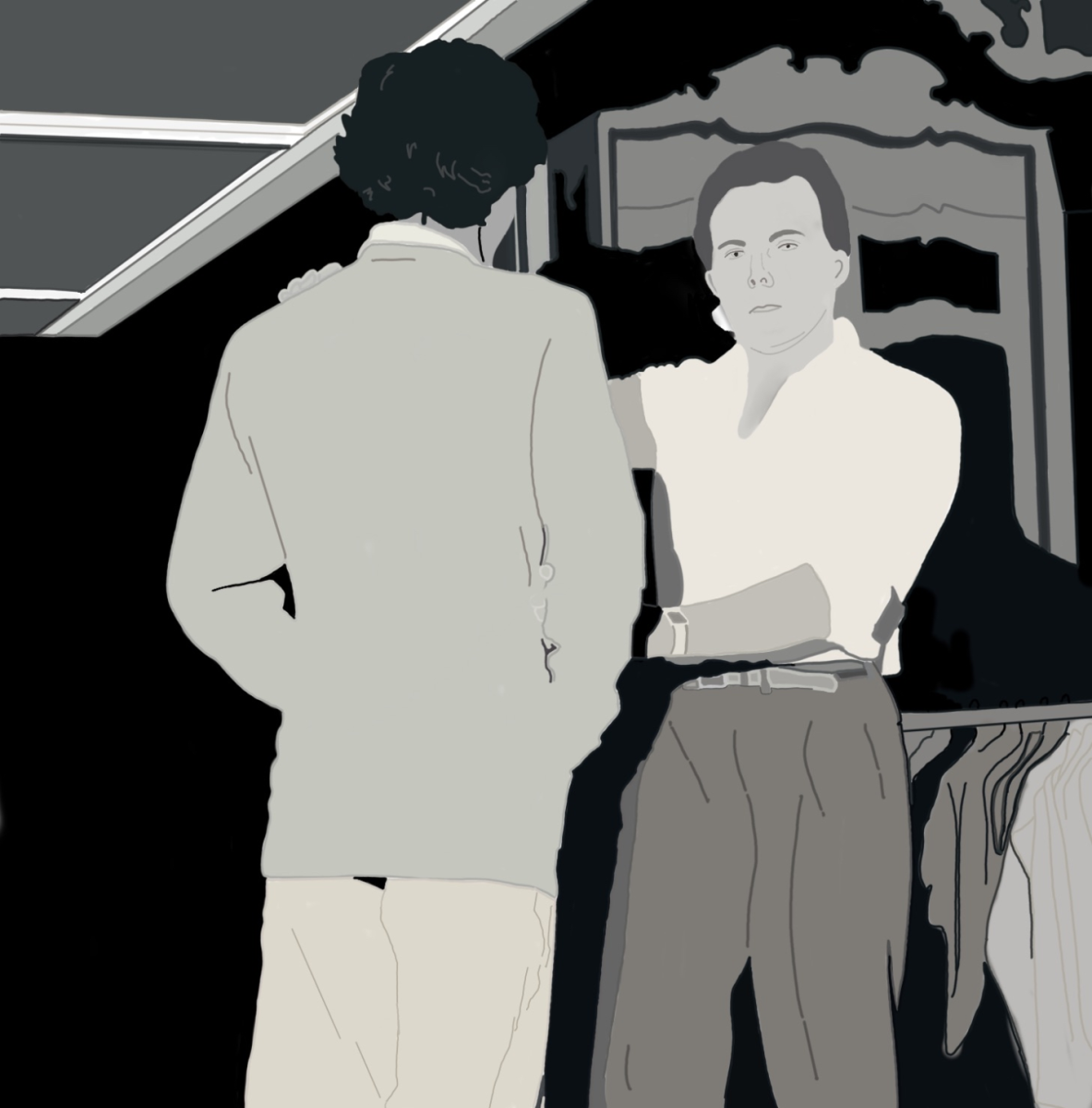


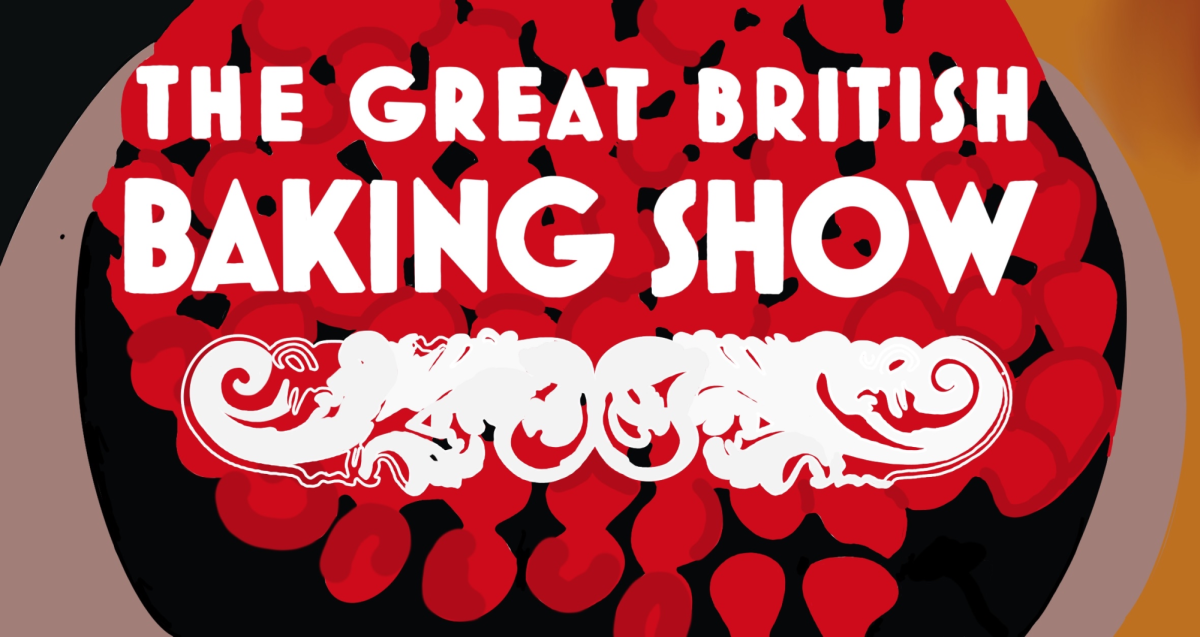
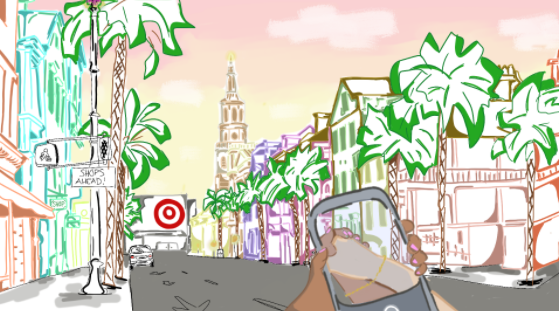
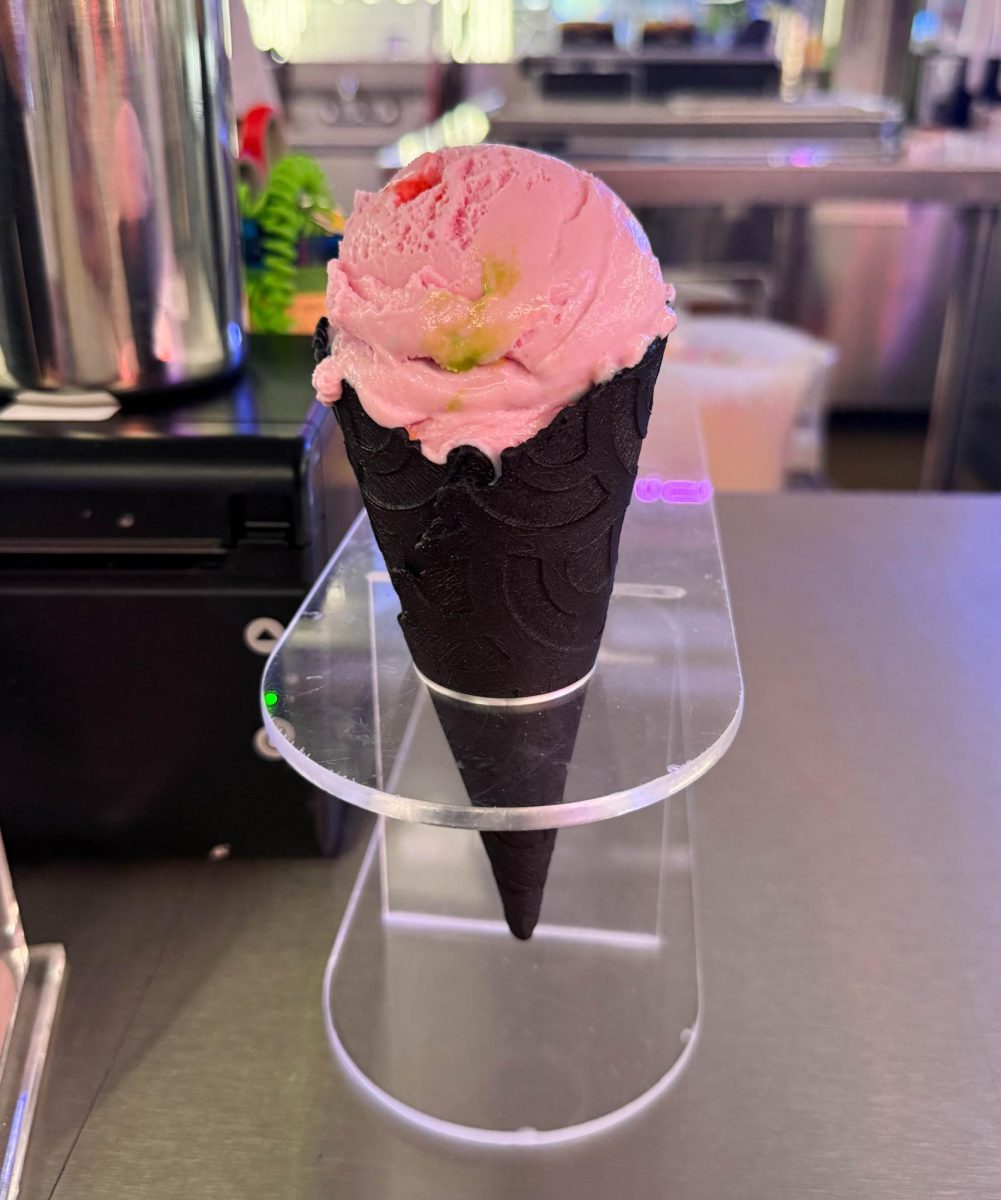
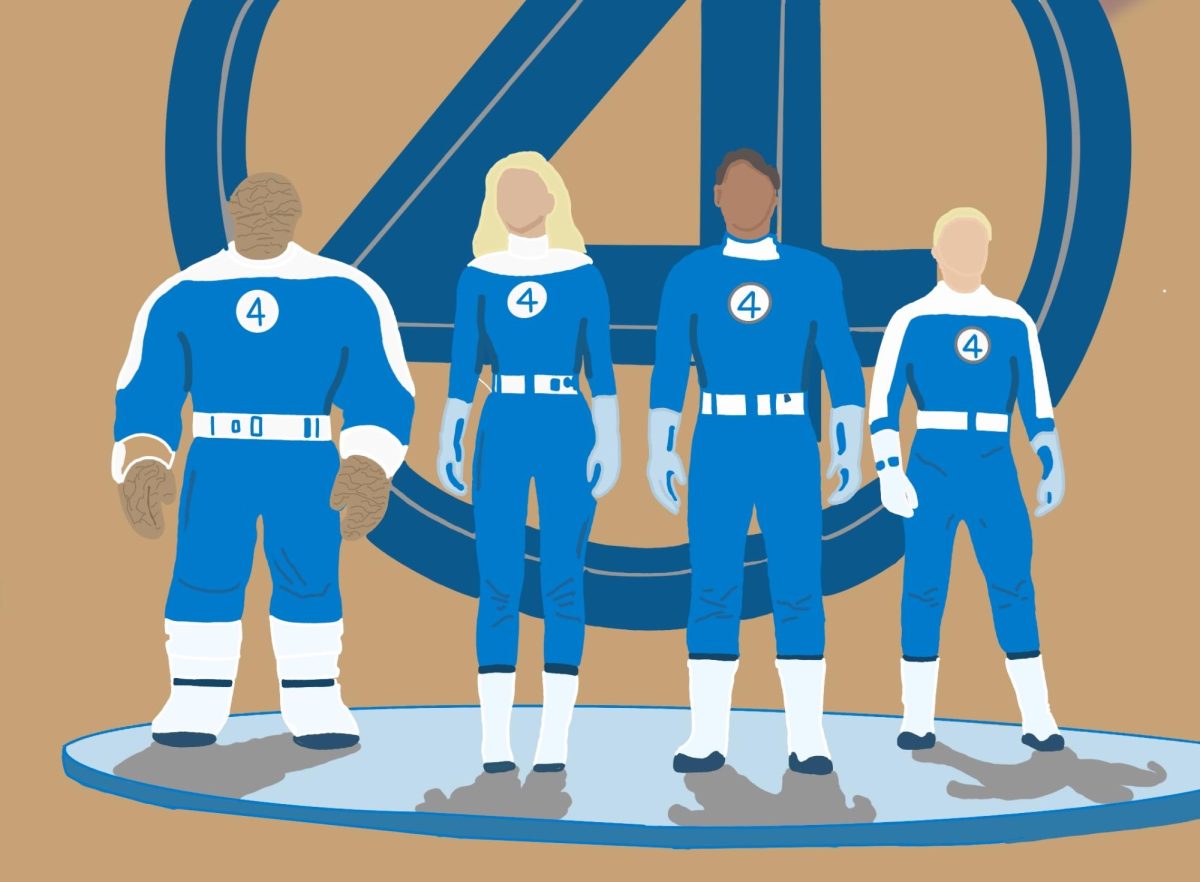


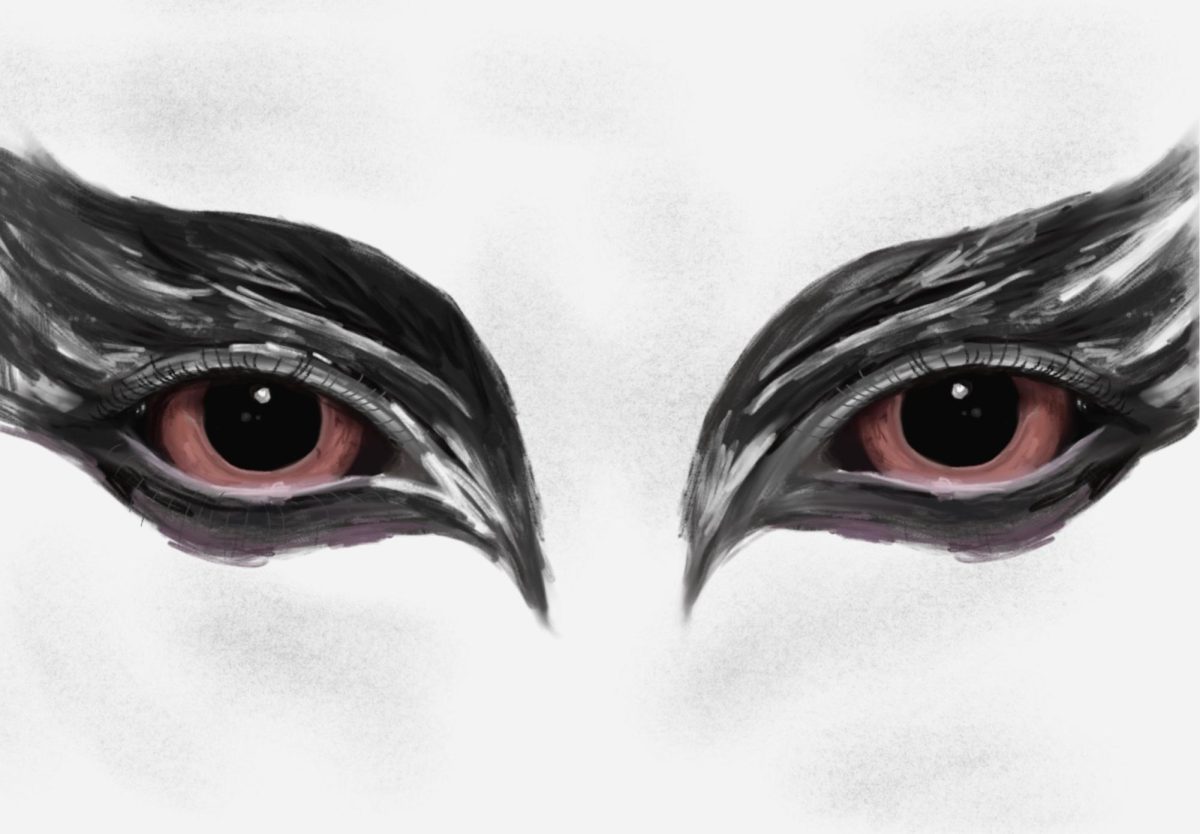
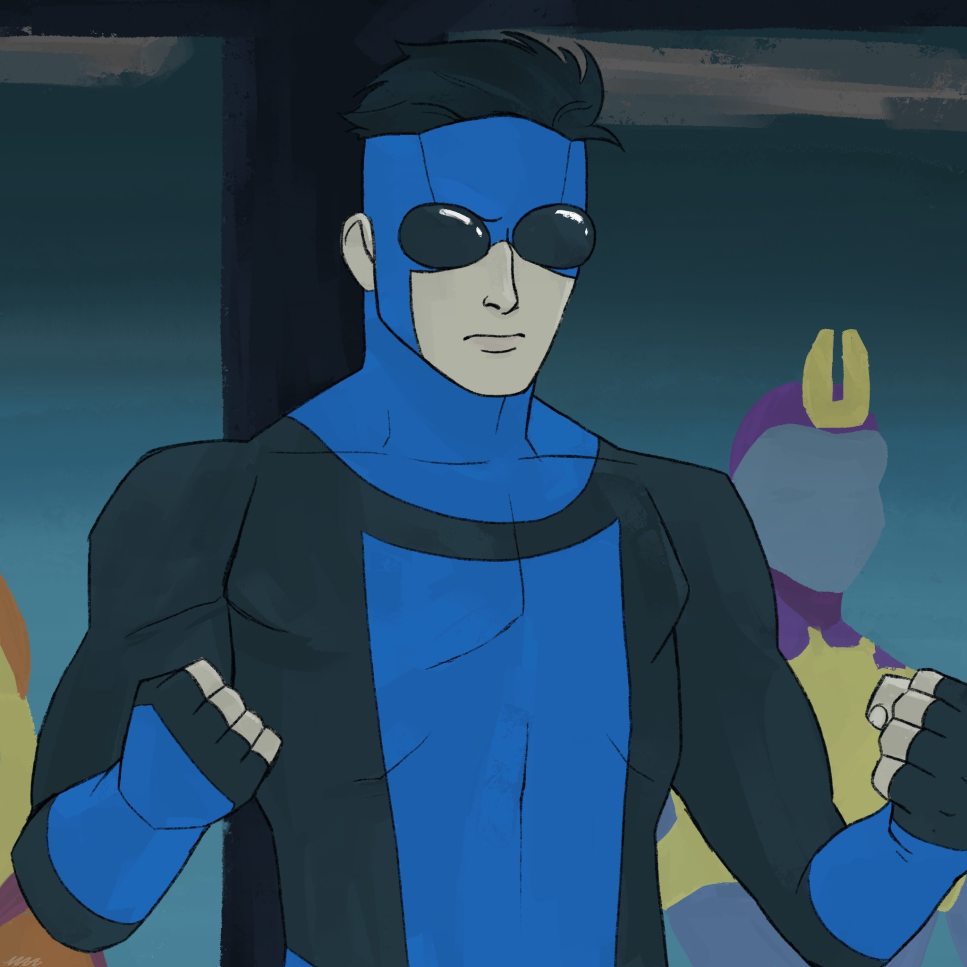
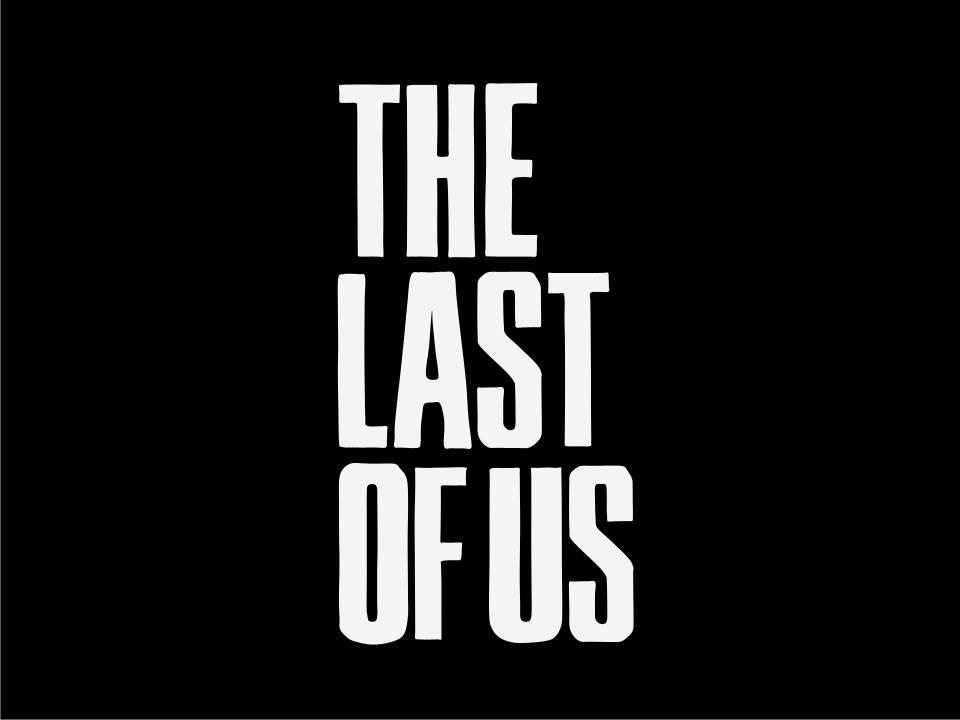
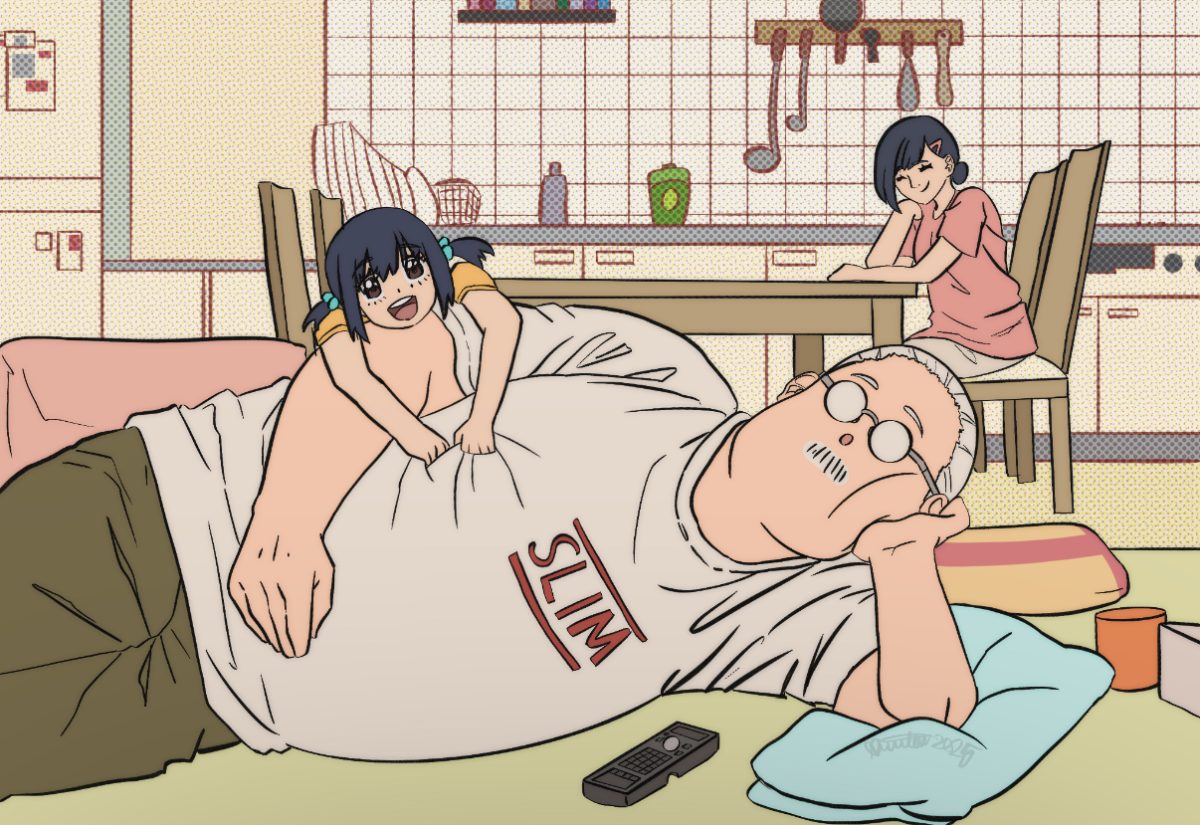
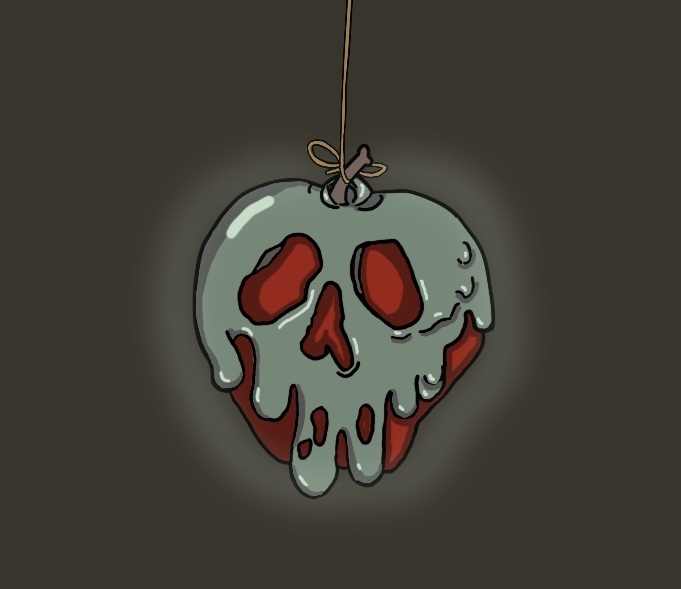
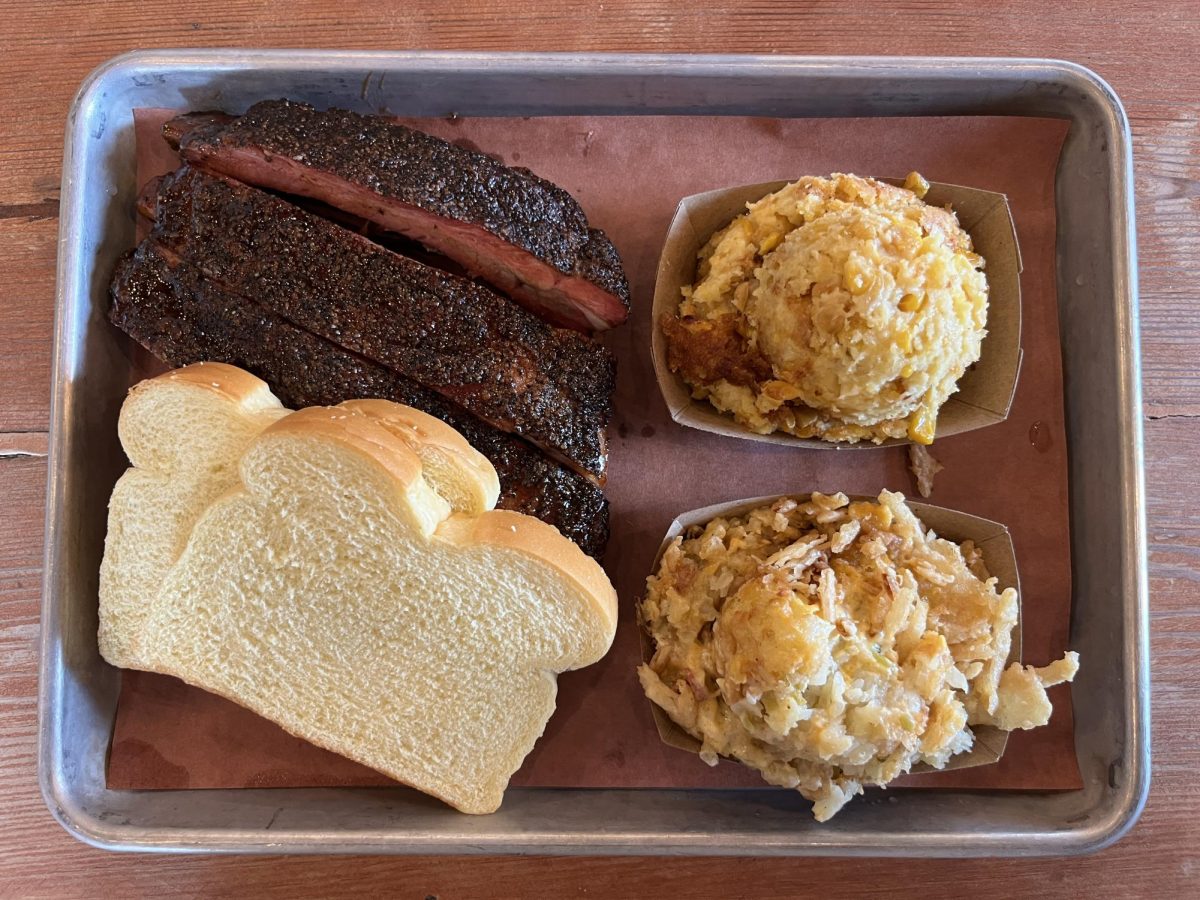
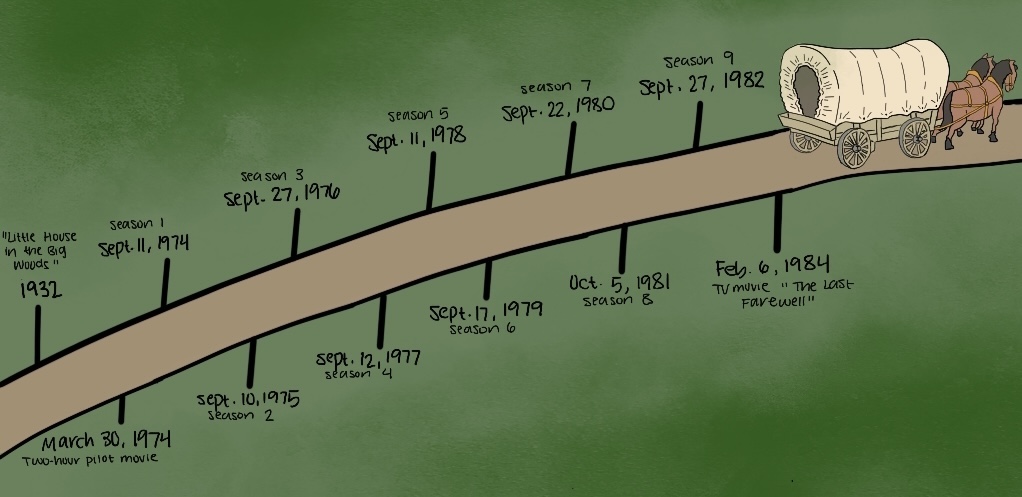
Alexander Tang • Dec 12, 2024 at 12:25 am
I loved this album, and this review made me love it more. “Like Him” is definitely my favorite track.
Macy Langland • Dec 11, 2024 at 9:03 pm
After listening to “I Killed You” many times, I had no idea that was the meaning behind the song! Thanks for enlightening me!
Ishani • Dec 11, 2024 at 3:51 pm
Love the graphic and story
Maddux Horn • Dec 11, 2024 at 1:40 pm
You definitely did this album justice Davis!!! I also love the graphic!
Clementine Behelfer • Dec 11, 2024 at 11:37 am
Such a detailed review, great job!